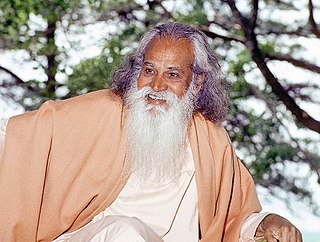A Quote by D. H. Lawrence
In every great novel, who is the hero all the time? Not any of the characters, but some unnamed and nameless flame behind them all.
Related Quotes
But to be perfectly frank, this childish idea that the author of a novel has some special insight into the characters in the novel ... it's ridiculous. That novel was composed of scratches on a page, dear. The characters inhabiting it have no life outside of those scratches. What happened to them? They all ceased to exist the moment the novel ended.
I think that I write much more naturally about characters in solitude than characters interacting with others. My natural inclination - and one that I've learned to push against - is to give primacy to a character's interior world. Over the three books that I've written, I've had to teach myself that not every feeling needs to be described and that often the most impactful writing more elegantly evokes those unnamed feelings through the way characters speak and behave.
My writing's like a journey. I'll know some of the stops ahead of time, and I'll make some of those stops and some of them I won't. Some will be a moot point by the time I get there. You know every script will have four to six basic scenes that you're going to do. It's all the scenes where your characters really come from.
There is one Cosmic Essence, all-pervading, all-knowing, all-powerful. This nameless formless essence can be approached by any name, any form, any symbol that suites the taste of the individual. Follow your religion, but try to understand the real purpose behind all of the rituals and traditions, and experience that Oneness.






































